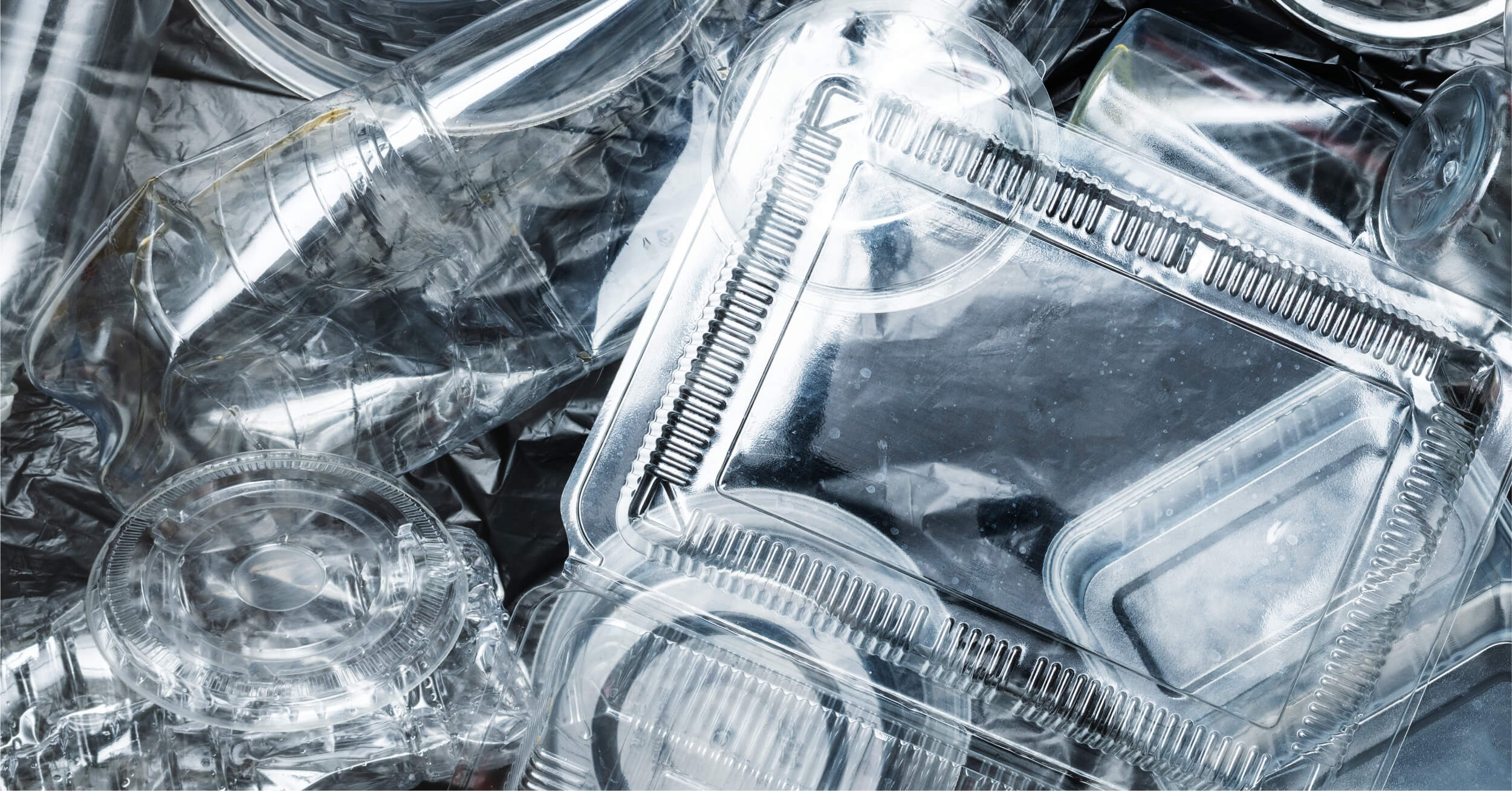2 min read
UK's Plastic Packaging Tax: Circular Economy & Less Waste
![]() True Powered by Open Energy Market
:
Aug 23, 2023 10:11:23 AM
True Powered by Open Energy Market
:
Aug 23, 2023 10:11:23 AM

As concerns about environmental degradation and plastic pollution intensify, governments worldwide are grappling with solutions to tackle these challenges. The UK, with its commitment to establishing a greener future, introduced the Plastic Packaging Tax in an effort to reduce the reliance on single-use plastics and encourage a shift towards a more circular economy.
Historical Context
With images of plastic-littered oceans and landscapes becoming ubiquitous, the urgency to address the plastic menace has never been more palpable. The UK, having already made strides with policies such as the ban on microbeads and the introduction of charges for plastic bags, furthered its sustainability drive with the Plastic Packaging Tax.
Key Provisions
This progressive tax, set to come into effect, is designed with clear objectives and targets in mind:
- Tax on Non-recycled Content: The tax will apply to plastic packaging produced in, or imported into, the UK that does not contain at least 30% recycled content. This is to promote the use of recycled material in plastic packaging and drive demand for recycling.
- Applicability: The tax is applicable to businesses that manufacture or import more than 10 tonnes of plastic packaging over a year.
- Exemptions: Some packaging, such as those for immediate medical purposes, will be exempted from this tax, keeping health and safety considerations in mind.
Implications for Businesses and Consumers
The Plastic Packaging Tax promises to reshape the market dynamics for both producers and consumers:
- Incentive to Innovate: Manufacturers will likely channel more resources into R&D, exploring eco-friendly alternatives to traditional plastic packaging and enhancing recycling processes.
- Cost Implications: While there might be short-term cost implications as businesses adapt to this tax, in the long run, increased use of recycled content could stabilise and even reduce production costs.
- Consumer Behaviour: Just as the plastic bag charge led to a substantial decrease in single-use plastic bags, the Plastic Packaging Tax might result in more conscious consumer choices, gravitating towards products with eco-friendly packaging.
- Boosting the Recycling Industry: This tax will likely create a surge in demand for recycled plastic, giving impetus to the recycling industry and potentially generating job opportunities.
In Conclusion
The Plastic Packaging Tax is not just a fiscal measure; it's a statement of intent by the UK government. By making businesses accountable for their packaging choices and nudging consumers towards sustainable options, the legislation represents a significant step in the UK's journey towards environmental stewardship. The ripple effects of this tax will undoubtedly extend beyond the shores of the UK, setting a precedent for other nations to follow. As the legislation rolls out, its success will be gauged not just by revenues collected but by the reduction in plastic waste and the strides made towards a truly circular economy.